Internal Controls for Business
Many people believe that internal controls are steps taken to prevent employee fraud. Actually, preventing employee fraud is only one part of internal control.
The basic purpose of internal control is to promote the efficient operation of a business. The system of internal control will help:
- Safeguard assets from waste and fraud.
- Promote accuracy and reliability of the accounting records.
- Encourage compliance with company policies.
- Evaluate the efficiency of operations.
In short, internal control consists of all measures taken to provide management with assurance that everything is functioning as it should.
The following controls should be considered for almost every business:
- One person should not handle all aspects of a transaction from beginning to end. In other words, one person should not authorize, initiate, approve, execute and record a transaction.
- Employers should require employees handling cash or other negotiable assets to be bonded. Fidelity bonds are a form of insurance in which the bonding company agrees to reimburse an employer, within limits, for losses attributable to theft or embezzlement by bonded employees.
- Physical assets and inventory should be properly protected from theft.
- Record all cash receipts immediately. Checks should be restrictively endorsed.
- Deposit all cash receipts intact daily.
- Make all payments by serially numbered checks.
- Reconcile bank accounts monthly. Reconciliations should be prepared or reviewed by someone other than the employee who posts to the general ledger.
- All invoices must be approved for payment.
- Subsidiary ledgers should be balanced to the general ledger on a monthly basis.
- Prepare comparative financial statements monthly in sufficient detail to disclose significant variations in any category of revenue or expense.
The above controls are general in nature. Please call our firm (303–753–8905, 877-344-6079) to discuss expanded and appropriate controls which apply to your business.


